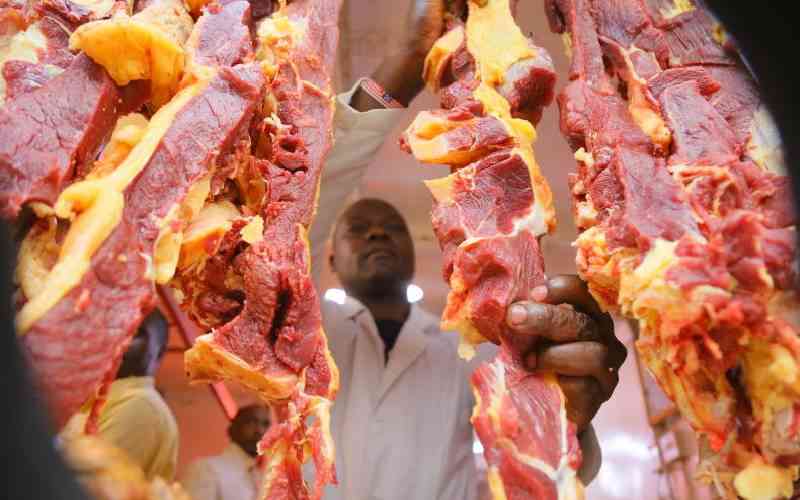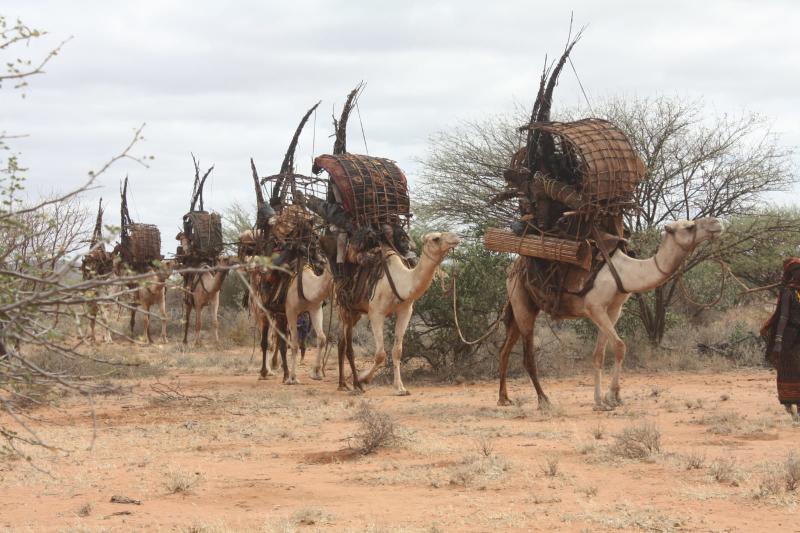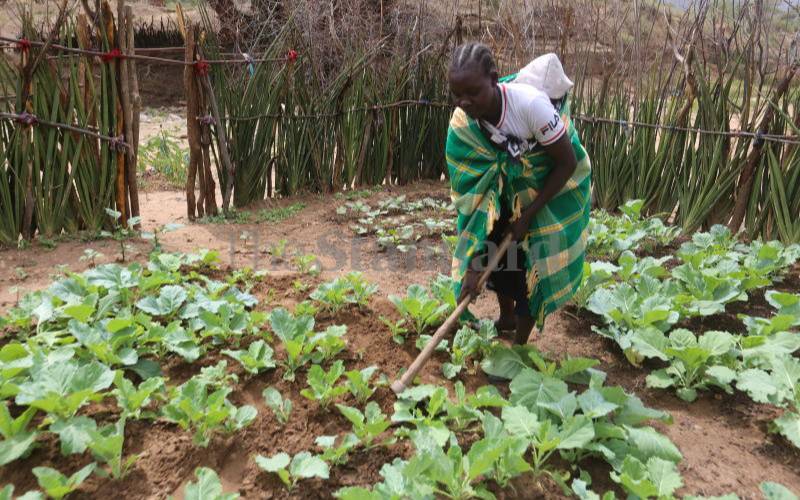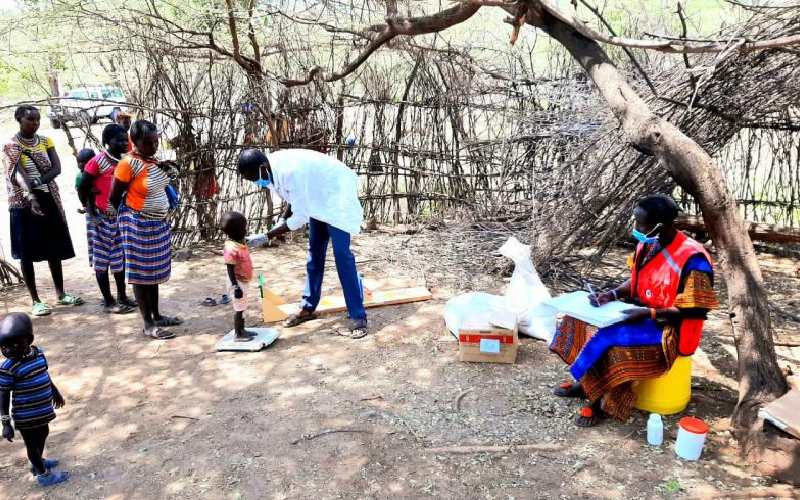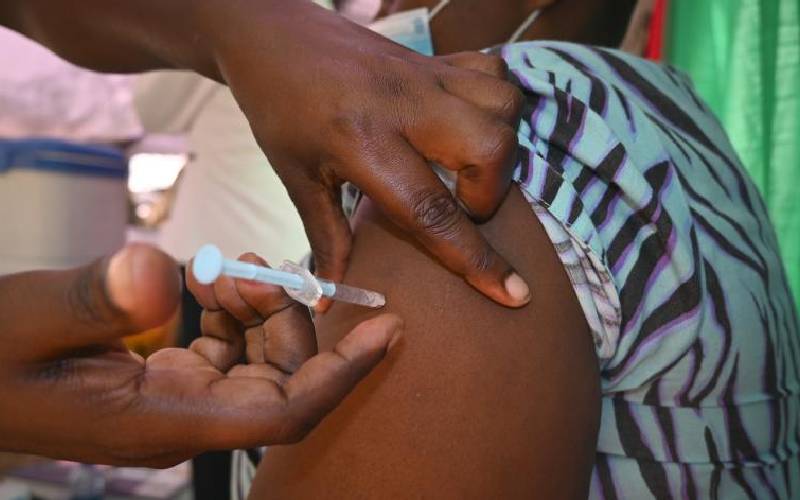
Medical staff from Kisumu hospitals receive the Covid-19 vaccination jab at Jaramogi Oginga Odinga hospital on March 09, 2021.[Denish Ochieng, Standard]
Children and adolescents are vulnerable to the deadly Covid-19 Delta variant ravaging western Kenya.
Unlike most adults, children have not been vaccinated and are at risk of getting severe disease, with the most vulnerable being aged between five and nine.
Facts First
Unlock bold, fearless reporting, exclusive stories, investigations, and in-depth analysis with The Standard INSiDER subscription.
Already have an account? Login
 The Standard Group Plc is a multi-media organization with investments in media
platforms spanning newspaper print
operations, television, radio broadcasting, digital and online services. The
Standard Group is recognized as a
leading multi-media house in Kenya with a key influence in matters of national
and international interest.
The Standard Group Plc is a multi-media organization with investments in media
platforms spanning newspaper print
operations, television, radio broadcasting, digital and online services. The
Standard Group is recognized as a
leading multi-media house in Kenya with a key influence in matters of national
and international interest.


